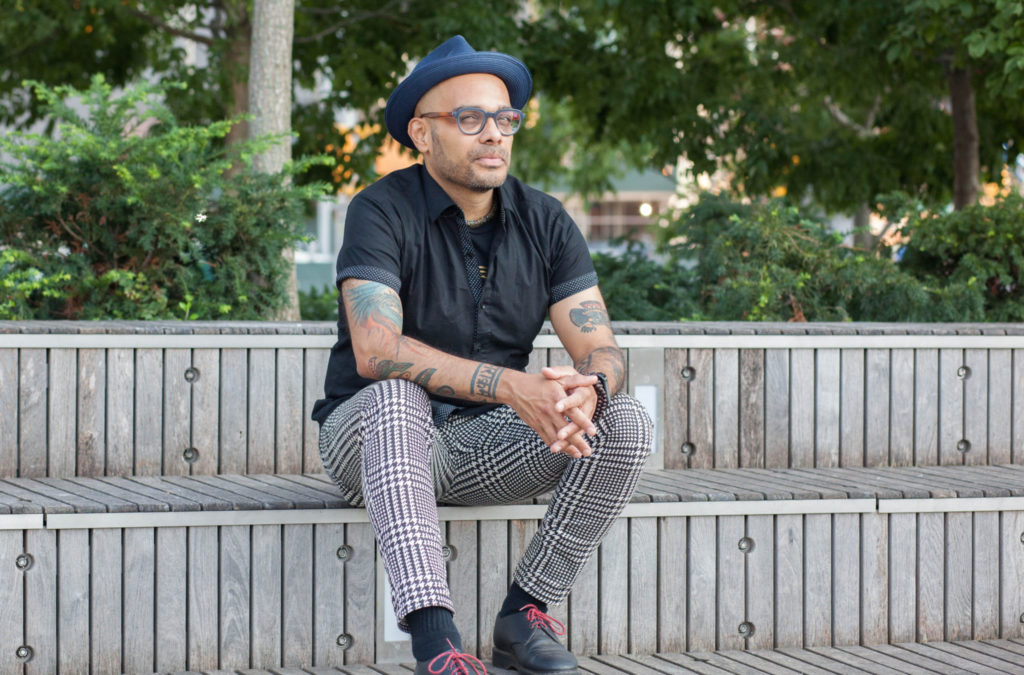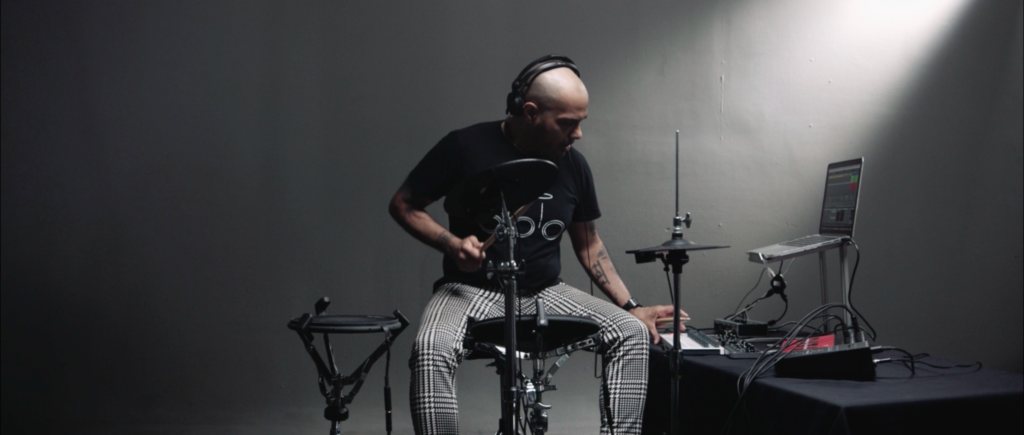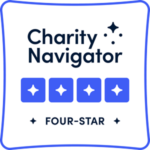
Chalkboard Chats is an interview series highlighting the teaching artists who dedicate their time and expertise to ArtsConnection students.
Ravish Momin has enough experience for several lifetimes. The Indian-born musician was originally trained as a civil engineer, studying drumming by night in New York City during the late 90s. In 2003, he took a leap and quit his practice to pursue music full-time. The gamble definitely paid off: several grants later and with credits ranging from the Smithsonian to Shakira – Ravish has more than proven himself.
Just ahead of his electronica project’s debut LP, Ravish talks to us about his musical influences and what he’s learned from over a decade of teaching with ArtsConnection.

Photo by Ed Marshall.
What’s your earliest memory of being moved by art?
I grew up in Mumbai, India, and we lived in an apartment complex adjacent to a fisherman’s wharf. Early every morning when the fishermen went out to sea, they sang songs which were sometimes accompanied by drumming. I was completely mesmerized by the unison drumming and joyous vocals and used to imagine joining them.
What kind of music did your parents play while you were growing up… and did the apple fall far from the tree?
I should add that we moved a good bit internationally when I was a kid, living in Bahrain, Hong Kong, Australia and England before arriving to the US around high-school age. So, you can imagine the diversity of music spun on the turntables at home! Everything from Indian movie soundtracks to Arabic orchestras to West African drumming to Chinese Folk to American Pop. My mom was an amazing singer, as well, so all those influences were subconsciously percolating in my head even though I didn’t receive any formal musical training until much later.
Describe your primary school arts education in three words.
Diverse. Engaging. Empowering.
How long have you been teaching with ArtsConnection?
Gosh, doesn’t seem that long, but I’ve been with AC since 2008, so 13 years so far!
What has been one of the biggest challenges?
Being able to build and expand as the same students rise through the grades, as quite often I’d never see the same students again, even if I returned to the school.
Any surprising rewards?
Having students feel inspired to continue music lessons outside school; having students remember some of the rhythmic patterns years later, when I’d run into them in a school hallway; having students suddenly have an ‘aha’ moment with a rhythmic idea, and get excited to learn more.

How has teaching children changed your outlook on art?
Students are resilient: they make mistakes, they bounce back. As a professional, we’re all very careful and methodical at all times and can forget to try new things. No matter what, one must never be afraid to make mistakes.
Name an artist – living or dead – you’d like to have dinner with and why.
I’d love to have dinner with my younger self and offer advice on pitfalls to avoid and roads to traverse. For many artists starting out, there’s a lack of mentorship in our culture, and we have to learn things the hard way.
Time management is hard. Any tips on managing a personal artistic practice with a teaching career?
I’ve been blessed to have an international touring and recording career at the same time as TA work, so I had to figure out how to keep both worlds in balance early on. It’s important to designate days/times for tasks, or else things can get overwhelming quickly. For instance, I may work on practicing my instruments on Mondays/Wednesday afternoons, on booking tours on Thursdays/Fridays between 6am-9am, on TA lesson prep on Sunday evenings, and so forth.
In your own words, describe why the work we do at ArtsConnection is important.
I’ve hinted at this earlier, but really, I can’t stress enough the importance of exposing the students to different art-forms and world-views in a multi-sensory manner. Reality is that NYC is a very segregated city, and I’d love to see students growing up with knowledge of other cultures and art forms besides their native ones.


